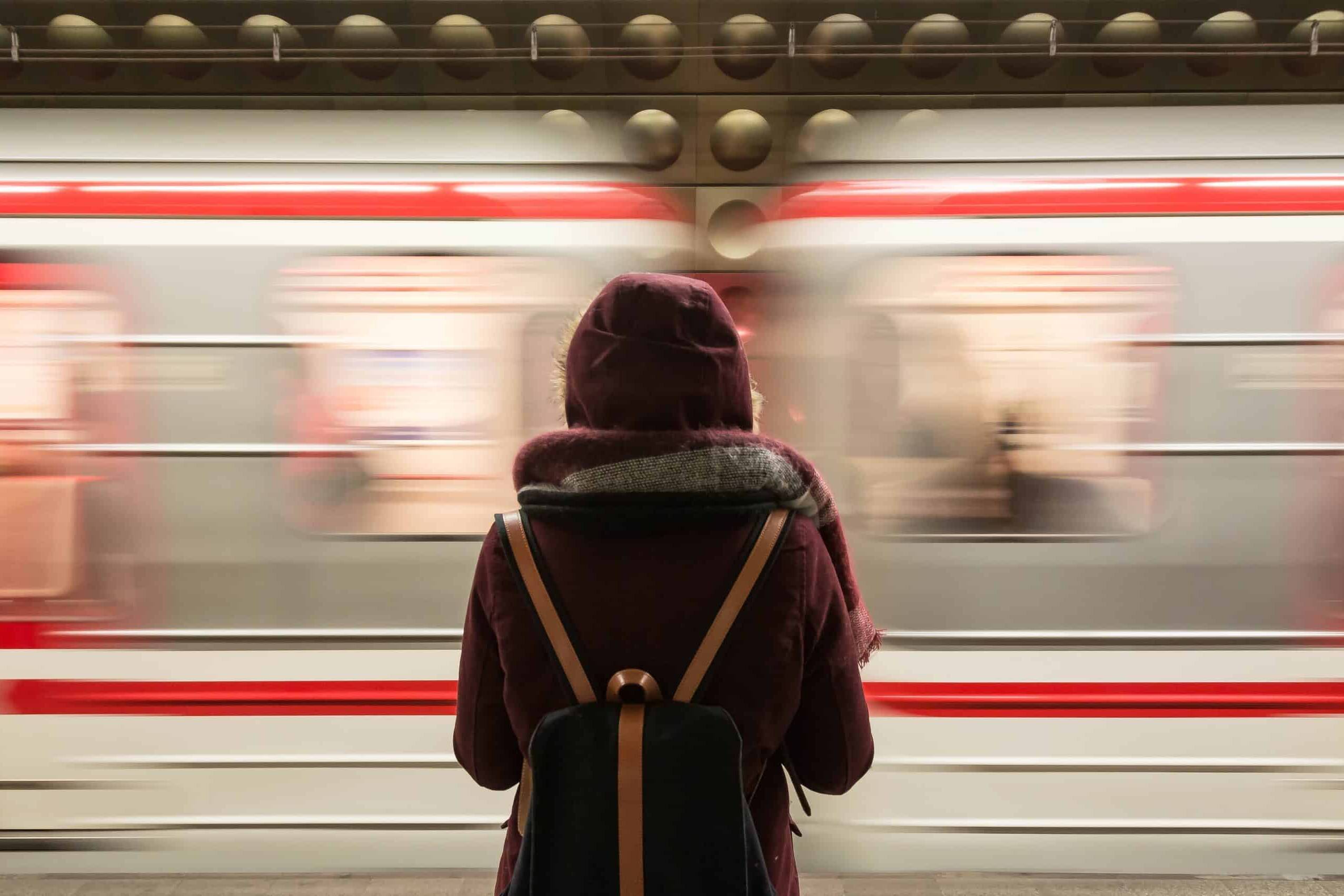Updated 14th April 2020 (first published in February 2018)
When I was building my first business several years ago, I would do 20–30 minutes of yoga whenever I finished work whether that was 11pm or 1am, whatever time it was. I noticed that a good stretch helped me sleep like a rock because that time focused on just moving and breathing, and not on what was going on in my business and life, would calm my overstimulated mind down. The mental benefits made the habit of late night yoga stick.
Then it stopped working. I was feeling exceptionally overwhelmed with a couple of situations that I was reacting stressfully to and my mind was going into overdrive. I was totally wired and yoga wasn’t helping me sleep. Desperate for solutions, I gave meditation a try. I started sleeping better and soon the situations got resolved, as they mostly always do, and I had got enough from meditation to suspect I had discovered a powerful weapon for my effectiveness both as an entrepreneur and person.
I’ve never looked back. Meditation became a habit, eventually Mind: Unlocked was born and we’re having this conversation as a direct result! That’s my little personal story, which also made me curious to start delving into the research to understand if my experience was one that could br replicated for others.
In recent years it feels like our sleep — or more accurately the lack of it — has come into sharper focus. It seems that many of us who are living a fast paced, always on, modern Western lifestyle suspect that we’re generally not getting enough good quality sleep. To me that effectively equates to the bigger issue of feeling chronically under-rested. I was as guilty as anyone of wearing that as a badge of honour.
Here’s what I found about what the science says about meditative practices and their effects on sleep and rest. Later there is the usual round-up of a range of approaches, both related and unrelated to meditation.
First stop on this tour is a 6 week study with a group of moderately suffering insomniacs, published in JAMA Internal Medicine in 2015. Half of the group completed a mindfulness awareness program and the other half did a sleep hygiene education program that taught them other ways to improve their sleep. The results were surprising. Compared with the people in the sleep education group, those in the mindfulness group had less insomnia, fatigue, and depression at the end of the six sessions.
So meditation is definitely the better answer for helping us sleep then, right? Not so fast! There’s caveats. There were only 49 people in the study (which makes me question how they halved the group, the pedant that I am) and they were all over 55 years old. So it’s a small scale study, with a group not broadly representative of society. The results were encouraging though, so hopefully there will be more research. I’ve seen that this study has been wrongly attributed to Harvard Medical School, but they did like it enough to write about it.
What undoubtedly did come from Harvard is the 1970s work of Dr Herbert Benson, a pioneer of scientific meditation research who coined the term “the relaxation response” The relaxation response is a counterbalance to the fight-or-flight response, in which a deep state of mental and physiological rest can be elicited. The good news is that Dr Benson’s research showed that we can purposely prompt this response.
Some mindfulness meditation and other meditation techniques involving focusing on either the breath, physical things or a repeated word or phrase were shown to elicit the relaxation response. Further research showed that the relaxation response can help ease many stress-related ailments, including depression, pain, and high blood pressure. For many people, sleep disorders are closely tied to stress, according to Dr. Benson.
 Image by Hernan Sanchez
Image by Hernan Sanchez
The last study I want to talk about for now comes from the University of Massachusetts Medical Center’s Stress Reduction and Relaxation Program, which found that meditators produced significantly higher melatonin levels than non-meditators. Melatonin is a hormone produced in the brain that amongst other benefits regulates our circadian rhythms, makes us feel less alert and induces the onset of sleep. Again it was a small study of just 16 participants and so results have to be taken into context, but the findings do tally with a lot of anecdotal evidence of meditators reporting easier and better sleep, myself included. I started meditating to solve that very problem and haven’t had sleep issues again for years despite working through other situations that have induced similar stress levels since.
So it’s reasonable to say that developing a regular meditation practice is likely to help us both rest more deeply and sleep easier and better. What else can we adapt and use from meditative practices?
Now and then I’ll wake up in the middle of the night; in the past my thoughts would kick off and I knew I was going to struggle to go back to sleep. That is rarely a problem now as I’ve adapted a couple of meditative techniques that usually have me sleeping again quite quickly.
The first is simply focusing on my breath, releasing tension on every exhale and sinking further into the mattress. A couple of minutes of that’s usually enough and I’m out for the count again. Otherwise cycling through the body with progressive muscle relaxation does the trick. Two to try next time counting sheep isn’t working for you!
Outside of meditation, there’s a whole host of things that have been effective both for me and from our community at Mind: Unlocked when I opened the floor to discuss this. In no particular order they are:
- Good “sleep hygiene” — the habits and principles of optimising regular good nights’ sleep. I’m not going to go into things that fall into this category here — it’s all about your sleep environment, and general habits and routines including diet, exercise and other areas.
- “ The Sleep Book” by Dr Guy Meadows is highly recommended and “Why We Sleep” by Matthew Walker has been mentioned by a few folks.
- Limiting / eliminating screen time on devices or TVs an hour before bed has been effective for lots of people. Screens emit blue light, which has been shown to disrupt both the onset of and quality of sleep.
- One that’s been really effective for me is to plan the next day the evening before, usually when I end the working day. Especially the priorities & to-dos, get them on paper (or for me Trello, which I run my whole life from) so they stop swirling around in my head. In short: to get organised. I find the “end of work day” planning / brain dump really useful as it also creates a hard stop on “work” / “things I need to do but am clearly not going to do today” and related thoughts — which was exactly what used to keep me awake in the middle of the night.
- A good slow stretch before going to bed — especially when you start linking your breath to the movements (possibly also known as yoga ;)). It releases tension and moves the focus of the mind. This is still a near nightly habit of mine because it’s been so effective over the years.
I’m sure there’s many other great sleep tips and tricks — share your best ones with us.



